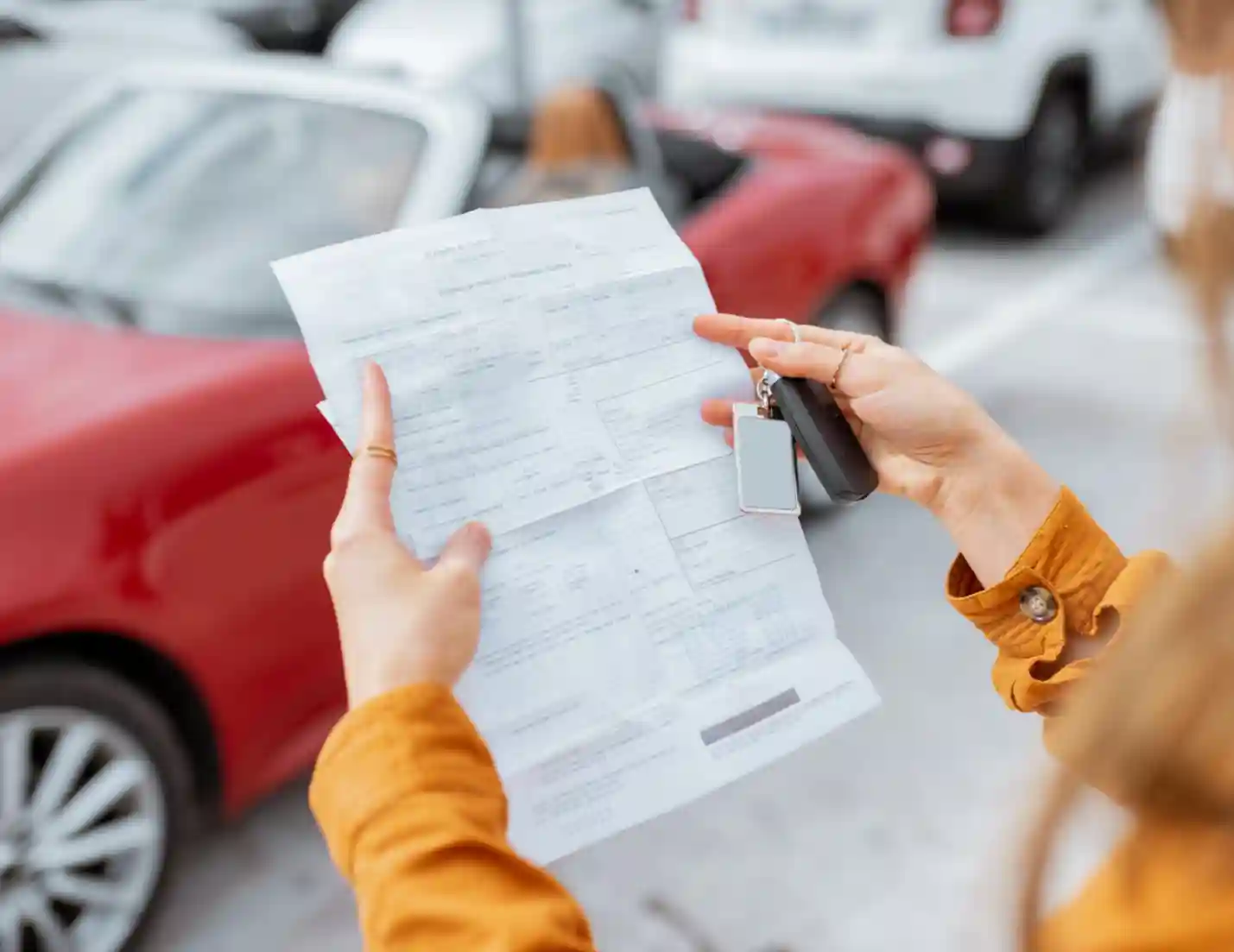
The awesome Ford Mustang you leased a couple of years ago is sneaking up on its return-to-sender date. Leasing made sense at the time — you were getting established in your career and the lease made this beauty affordable — but now you just love your little pony car and aren’t looking forward to buying one at retail or settling for something less.
Those aren’t your only choices. Most leases come with a buyout option: You could purchase the car at the end of the lease, or even before. Is buying out a lease a good idea? Maybe, or maybe not.
Confused? Begin by reading your lease contract and looking up the current value of your car on Kelley Blue Book. Then consider these factors as you ponder whether to part ways with that sweet ride.
Observe the Odometer
Your lease states how much mileage you’re allowed. If you’ exceed that amount at lease end, you’re likely going to owe the leasing company fees for the overage. However, if you’re under the allowed mileage and you turn the car in, you’re giving the dealer a gift — those unused miles may make the car more valuable than what was calculated in the lease cost.
Condition Counts
You love your Mustang and maintained it as meticulously as a jeweler polishing a precious gem. The interior is showroom fresh and the exterior is dent-free and sparkling, so your car may be worth more than the buyout price. On the other hand, if your car took a beating, you may owe excess wear penalties upon turning it in. But if you buy the car, you won’t be charged for those things.
Price Is Primary
If your car is worth more than the lease-end purchase price, the buyout option might make sense — even if you don’t want to keep it. Maybe a friend wants to buy it from you, or you can get a trade-in credit that’s higher than the buyout. However, be sure to check your contract carefully for any lease-end costs, such as a disposition fee, which could add several hundred dollars to your final payout.
If you’re going to buy the car with cash, great. Otherwise your leasing company may offer you financing, and the cost of that financing has to be added to the buyout price. Also keep in mind that if your credit score has decreased since you took the lease, you may pay more in interest. Of course, you don’t necessarily want to just take the easiest offer — shop around for the best rates.
Negotiate — At the Right Time
Just because the lease states a buyout price, that doesn’t mean you can’t try to negotiate with the lessor. There are many reasons they might take less, so make an offer that fits comfortably within your budget. The time to do that is near the end of the lease. Wait for the lessor to make the first move: Many companies will reach out 90 days before the end of the lease to ask if you want to turn the car in or buy it.
Why Buy?
There are many other reasons to buy, including:
- The car is in great shape mechanically.
- The buyout is less than you’d spend on a comparable vehicle, or your credit makes it difficult to buy or lease something newer.
- You love the car and the price is right.
Even if your lease buyout isn’t the most economical option, you may decide that the extra money spent may be worth avoiding the time and effort of shopping for and buying something else. It’s not entirely a numbers game, so consider what works best for your overall needs.
Buying your car at the end of its lease may not always be your best option, but it’s worth exploring. You may find you have a really good deal already in your driveway.
Sources
Caranddriver.com, Should I Buy My Leased Car? Here's What To Consider
Nerdwallet.com, Should I Buy My Leased Car? 5 Times to Say Yes